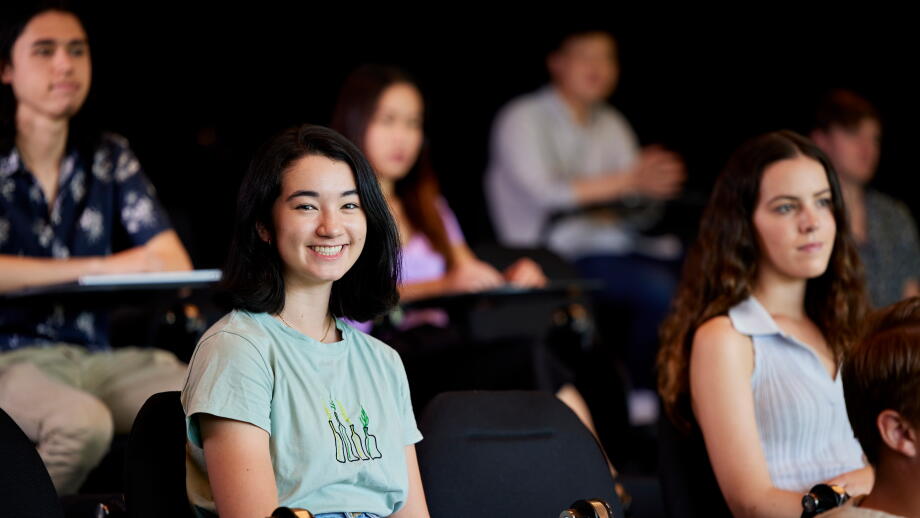In Short:
In partnership with Monash University's Advancing Women in Healthcare Leadership program (AWHL) and Science in Australia Gender Equity (SAGE), we have developed a new Intersectional Resource Guide which provides practical, evidence-based tools to promote intersectional approaches to gender equity, diversity and inclusion in the healthcare sector.
Overview
For strategies, interventions, and policies to be truly effective and equitable, it is crucial to recognise that women are not a monolithic group.
One-size-fits-all solutions to gender equity fall short, as the factors influencing women's workplace experiences and career advancement extend beyond gender alone. It is essential to consider the diverse and nuanced ways in which various social identities intersect to shape lived experiences.
Without leaders that reflect the diversity of the Australian community the healthcare industry will continue to perpetuate an inequitable health system. To foster genuine progress, it is imperative to embrace an intersectional approach that acknowledges and addresses the multifaceted barriers faced by women in healthcare leadership. In doing so, we can work towards a more inclusive and representative healthcare sector that benefits all.
That is why we have partnered with Advancing Women in Healthcare Leadership and Science in Australia Gender Equity (SAGE) to co-create a brand new Intersectionality Resource Guide.
This resource guide is an adaptation of the SAGE Guidance on Intersectionality for the SAGE Athena Swan Accreditation Pathway and is designed for healthcare organisations, professionals, policymakers, and advocates, providing practical, evidence-based tools and insights to promote intersectional approaches to gender equity, diversity, and inclusion initiatives.
Contact
Michelle Ryan
Director
Intersectionality & identity, Leadership & the Glass Cliff, Relationships & the care economy, The workplace & working lives
You may also like
Gender expectations, socioeconomic inequalities and definitions of career success
Higher Education is generally regarded as a pathway to career opportunities, and research shows that students' expectations of their career success while they are studying are an important…
"Fitting in whilst standing out"
Professional British women of African, Asian, and Caribbean ethnicities contend with unique challenges and experiences in the workplace. These challenges are often due to experiences that occur at…
How identity impacts bystander responses to workplace mistreatment
How does identification—with an organisation, with one's gender, and as a feminist—shapes bystanders’ interpretations and responses to incivility towards women at work?




